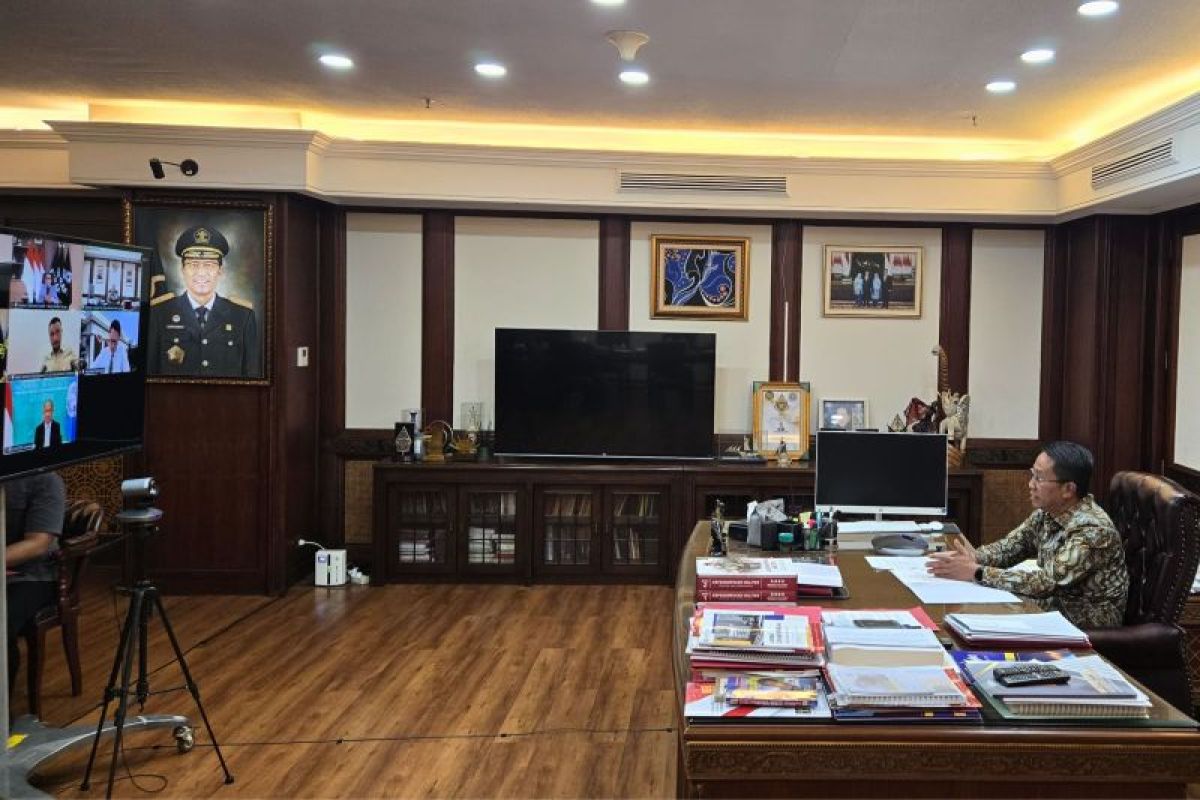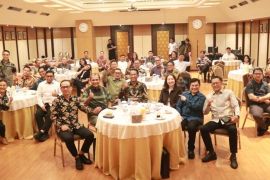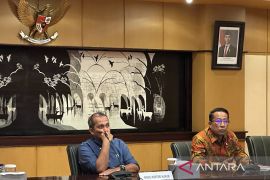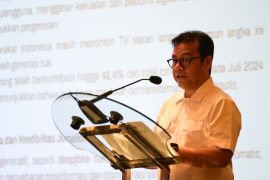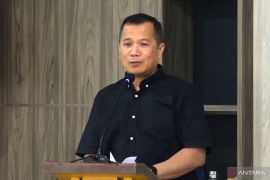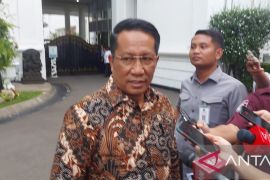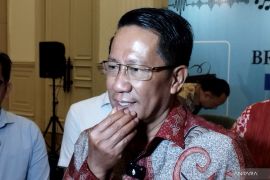During an online meeting with Indonesian envoys on Tuesday (Oct 14), Law Minister Supratman Andi Agtas said the proposed international legal framework aims to strengthen the music ecosystem, ensuring creators gain fair economic benefits from their works.
"We are encouraging this initiative, partly for the advancement of our music ecosystem. If we don't receive economic benefits, then we certainly can't expect future creations," Agtas said, as confirmed in Jakarta on Wednesday.
The proposal, known as The Indonesian Proposal for a Legally Binding Instrument on the Governance of Copyright Royalties in the Digital Environment, is a collaboration between the Law Ministry, the Foreign Affairs Ministry, the Culture Ministry, and the Creative Economy Ministry.
Agtas explained that Indonesia's proposal aligns with existing legal systems in other nations. Moreover, he noted, it would assist WIPO member states that also regulate and implement royalty distribution mechanisms.
"We won't be in direct conflict with major countries and their industries. Our proposal actually creates fairness," he said.
With the proposal, he stated that various industries and the countries where the industries originated have already established communication with the Law Ministry
The Law Minister emphasized that the proposal's success relies on multilateral, regional, and bilateral diplomacy. He seeks support from Indonesian envoys abroad to advance it, noting that his ministry serves as a pioneer providing guidance, while diplomats play the key role.
Meanwhile, Andry Indrady, Head of the Policy Strategy Agency at the Law Ministry, stated that the Indonesian government's proposal consists of three main pillars.
He emphasized that the Indonesian proposal is not solely from the Law Ministry, but rather from the Indonesian government, which includes cross-sectoral collaboration and cooperation to develop a fairer and more transparent music ecosystem.
First, the proposal covers royalty governance under WIPO's framework, including phonogram and audiovisual management, licensing, and monitoring. Second, it introduces a user-based royalty payment system, allowing alternative models. Third, it strengthens collective management institutions through standardized, cross-border governance among WIPO members.
He considered Indonesia's proposal an initial step towards overcoming the structural barriers that are at the root of inequality in the global intellectual property regime.
Related news: LMKN launches digital system for music royalty payments
Related news: Gov't initiates Jakarta Protocol for global royalty transparency
Translator: Agatha Olivia Victoria, Cindy Frishanti Octavia
Editor: Arie Novarina
Copyright © ANTARA 2025
